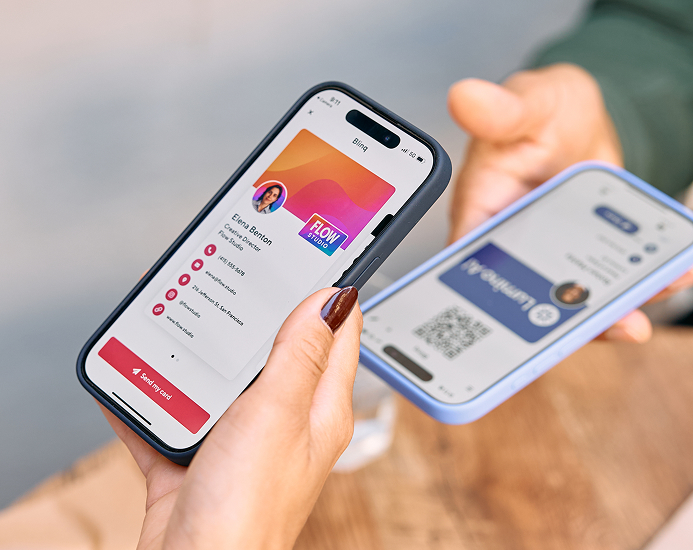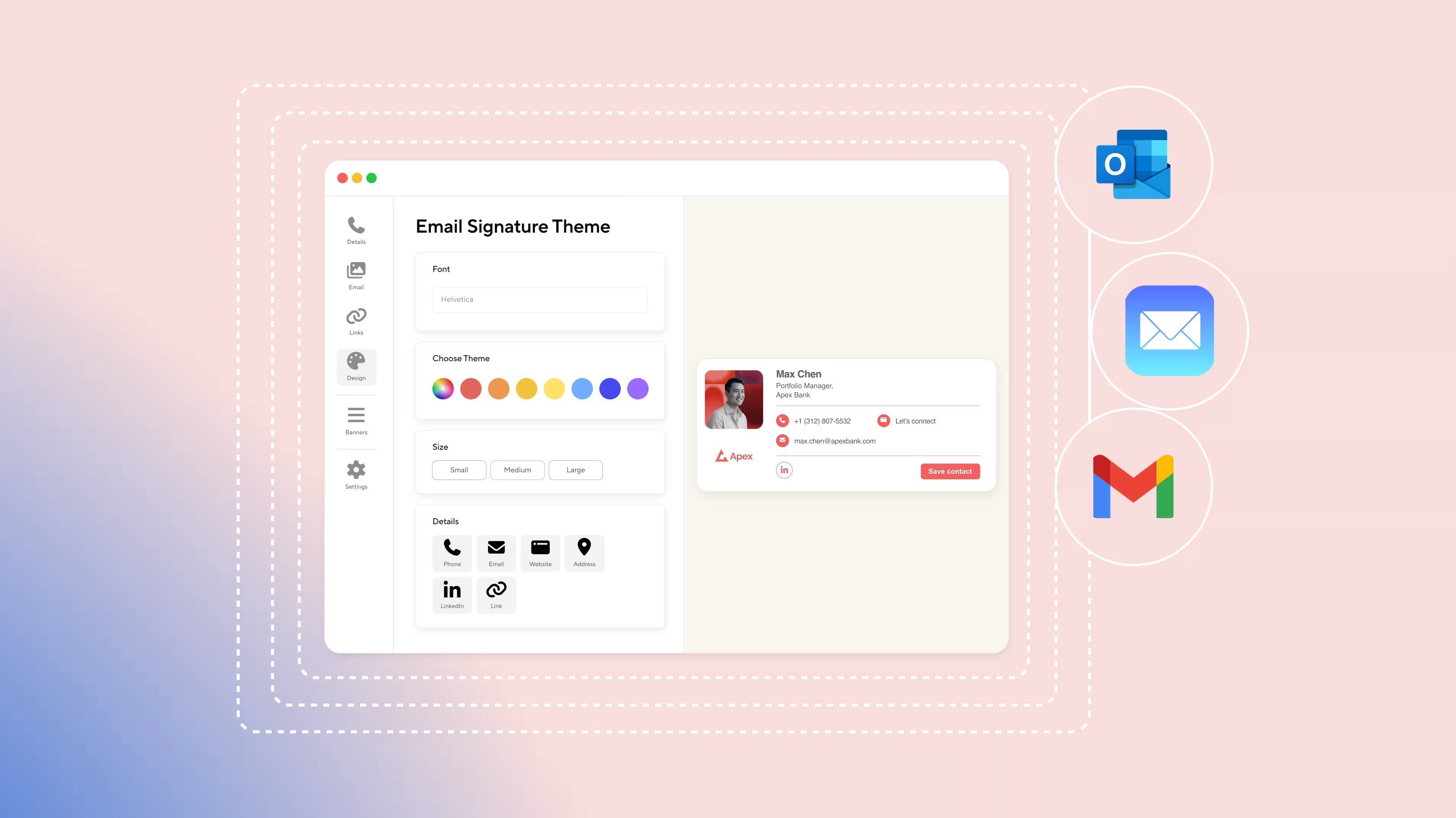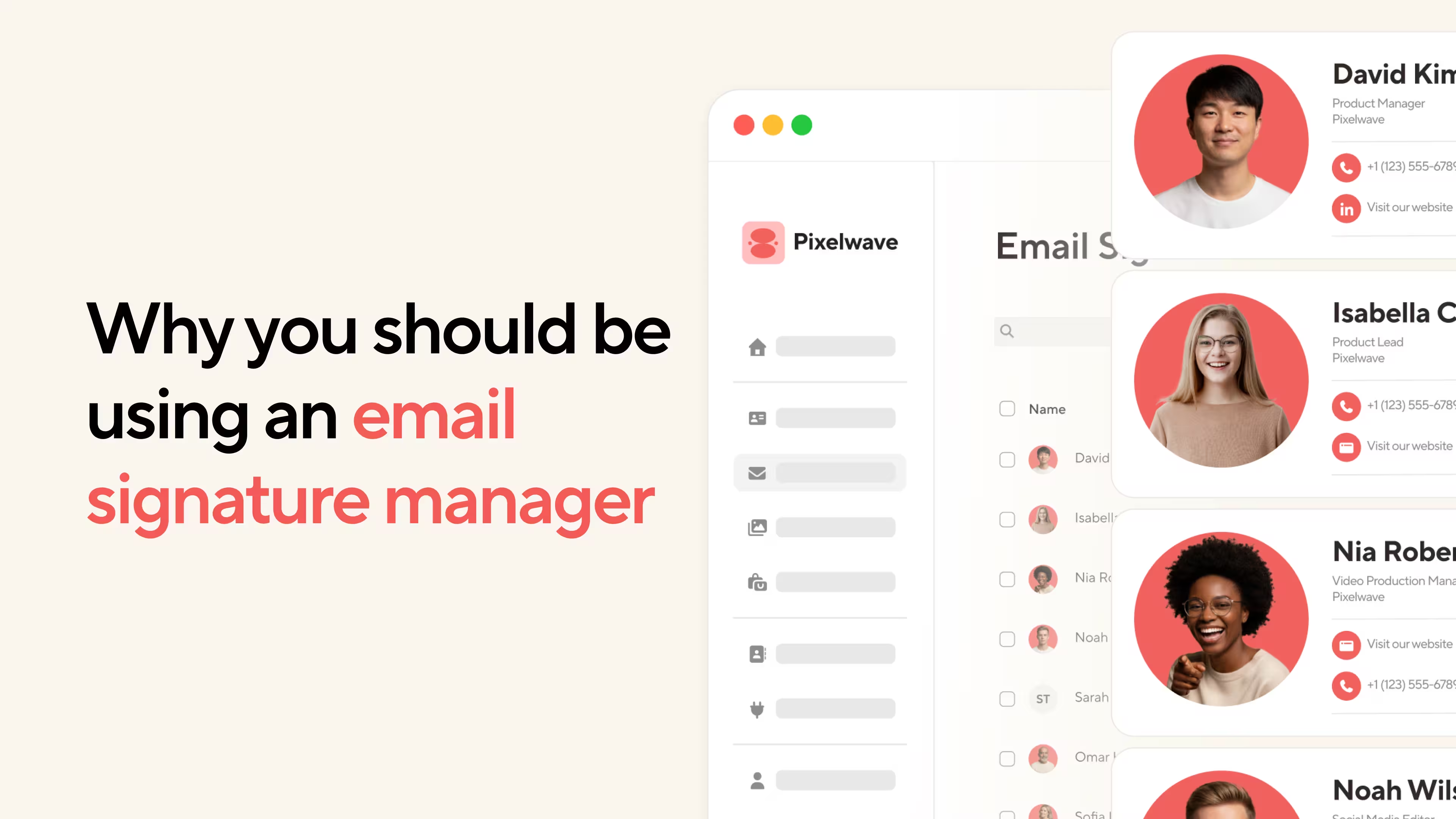Key Takeaways (TL;DR)

Sometimes, we all need a little helping hand. Mentors are trusted advisors who can provide impartial advice to help you progress your career or grow your business. If you’re sold on the idea of getting a mentor, don’t just leave finding one to chance. You can proactively find your perfect mentor by using a few tried and tested networking techniques. To get started, follow this six step process.
1. Do some soul searching: what do you want help with?
Before you even think about sending your first email, you need to have a little inward look. What is it you want some help with? Is there a specific aspect of your job that you find challenging? Do you want to expand your business into a new area and would like the help of someone who’s “been there and done that”?
The clearer you are about what you’d like to achieve with a mentor, the easier it is to narrow down on prospective mentors you could try to contact.

“The best mentoring relationships flourish because before the match, both mentee (and mentor) have reflected on why they're there and have considered what they want to achieve. Not only will having these goals help the mentee find a good match, it will also help break the ice in the early stages of the relationship.”
2. Form a criteria list and start finding people that match it
Once you’ve got a good idea of what kind of mentor you’d like, form some kind of basic criteria and try to find people that match that. Let’s say for example, you’re a marketer who wants to move into the sportswear industry. You could use LinkedIn to find people that work at your favorite sportswear companies. Trying this out with Nike, you could navigate to their corporate LinkedIn profile and click on their employee numbers to see a list of people who’ve publicly listed themselves as a Nike employee on LinkedIn.

If you’re part of any business membership groups or chartered industry bodies, take your mentor criteria to them. The people who work for these membership groups spend a lot of time liaising with members, so if anyone can help you find people that fit your criteria, it’s them!
Try and keep your criteria realistic. While we’d all like to be mentored by Warren Buffet or CEOs of Fortune 500 Companies, these people are notoriously hard to reach. Mentors who are just a few years ahead of you on the career path you’re pursuing may be easier to contact and also a good way to access fresh and relevant information.
I’d recommend making a list of 5 people who meet your criteria. Once you have found 5 people, you can move on to the next stage.
Looking for more tools to improve your networking? Here's our top business networking tools to supercharge your growth
3. Do your research and get specific about what you want to ask
Once you have your 5 prospects, do some research on them. What have their career paths been like up until now? Have they done anything that’s surprised you? Asking specific questions will show your mentor you’ve done your homework and you’re serious about the relationship.
If you notice a large project listed on their LinkedIn, you could ask what their key learnings were. You could tell them that you’re starting a similar project and you’d love to know they’d do differently.
If possible, avoid vague, general questions like “what are the secrets to success in life”. Many mentors find these questions too large and too general to answer.
4. Reach out to your potential mentors (don’t be afraid to be creative!)
Reaching out to potential mentors via email or through LinkedIn is probably the easiest and most direct approach. If you’re going down this route, Amanda Natividad’s guide to cold outreach provides an excellent playbook.
But slightly less orthodox means could also net great results. If you know their office address, why not handwrite a thoughtful letter? In our digital-first world, a handwritten note is bound to stick out.
If you know your prospective mentor is going to be at an event or conference, you could also try and approach them in real life. If you’re pretty new to networking at conferences, read this guide about preparation you can do before an event.
5. If you don’t get a reply, politely chase up
If your email or LinkedIn message doesn’t get a reply, don’t be disheartened, there could be a variety of reasons your prospect didn’t respond, one being they simply forgot. A simple, polite follow-up message could get you the response you’re looking for.
But don’t chase up more than once - you don’t want people to think you’re a spammer!
6. Do your best to be a good mentee
If you’ve been lucky enough to secure a mentor, make sure you’re making it as easy as possible for them.
You’ll greatly help your mentor if you:
- Are flexible to your mentor’s schedule
- Show up on time to meetings
- Reply promptly to your mentor’s emails
- Do any work or challenges set between meetings by your mentor
Ready for more networking? Make a great first impression every time with digital business cards.




.avif)
